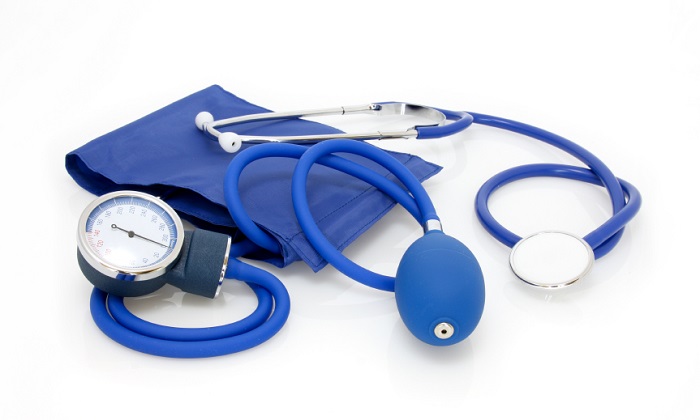
Calibration of medical equipment and quality health care
The complex nature of diagnosis when it comes to the causes of diseases that affect patients has become such a delicate matter that it requires carefulness, patience, accuracy and reliability of results to be able to deal with health issues at stake so as to effectively apply the appropriate corrective measures for cure.
Needless to say, it has become undoubtedly clear that with the advancement of medical research, medical instrumentation plays a major role in accurate diagnosis and subsequent treatment with life support devices. In the light of this, the need for the calibration of medical devices has assumed significant importance in view of the necessity to ensure that such devices give accurate and reliable readings for better diagnosis of disease conditions.
The accuracy, reliability and performance of medical devices can be seriously jeopardised or adversely affected by inappropriate calibration and maintenance. These issues, though important, are often overlooked or taken for granted.
What is it?
Calibration is a measurement process that assigns values to the property of a designated measurement process. The purpose of calibration is to eliminate or reduce wrong readings in the user’s measurement system relative to the reference base.
It ensures that users of measurement equipment are made to rely on accurate measurement results. This is an area which needs serious attention from all stakeholders since faulty medical devices can be the cause of wrong diagnosis, leading to false or unnecessary referrals to further specialist treatment.
The calibration of medical equipment and devices to determine their accuracy and efficiency is very crucial to an effective and efficient national health delivery system. If calibration of the equipment is not taken seriously, it will give wrong results that will lead to wrong prescriptions by doctors.
Differences in results due to inaccurate readings raise a number of questions, namely, requirements for laboratory accommodation and environmental conditions, maintenance of laboratory equipment, examination and post-examination procedures and the format for reporting among others.
Some commonly used medical devices in our hospitals are: instruments for measuring blood pressure (i.e. sphygmomanometer); clinical thermometers – for measuring body temperature; ovens – for heating and drying; autoclaves – for drying towards disinfection; freezers – for storage of chemicals, fluids, reagents, etc; and weighing scales and balances – for measuring body mass and other weights.
Importance
Calibration of such medical devices is important for two main reasons. First, it ensures that users of the equipment rely on accurate measurement results. Second, it increases customer confidence and quality assurance.
As the custodian of Weights and Measures in Ghana, the Ghana Standards Authority (GSA) has responsibility for the administration and enforcement of provision of the Weights and Measures Decree 1975, NRCD 326. unfortunately, many health facilities and laboratories in both public and private sectors do not calibrate their medical devices as required by law on a regular basis, thereby compromising the test results given to patients.
It is important that these medical devices are calibrated on a regular basis, meaning that they should be regularly compared with a measurement standard to find out how far they deviate from the standard. This helps to establish the relationship between the value indicated by a measuring device or measuring system and the corresponding standard or known values derived from the standard.
The implication here is that health authorities, as well as authorities in charge of medical laboratories need to do more to ensure maximum collaboration with the Ghana Standards Authority in the area of calibration if we are to operate satisfactorily in ensuring accuracy of medical equipment, an essential factor in quality medical care. Some of our hospital have co-operated well over the years in this direction but others have not. This is very sad indeed and must be stopped immediately.
To ensure quality healthcare, our hospitals have no choice but to collaborate effectively and meaningfully with the Ghana Standards Authority to ensure that medical equipment used on patients are all calibrated in the manner as required by law since these stands to serve the interests of all people in the country.
The writer is Head of Public Relations of the Ghana Standards Authority
